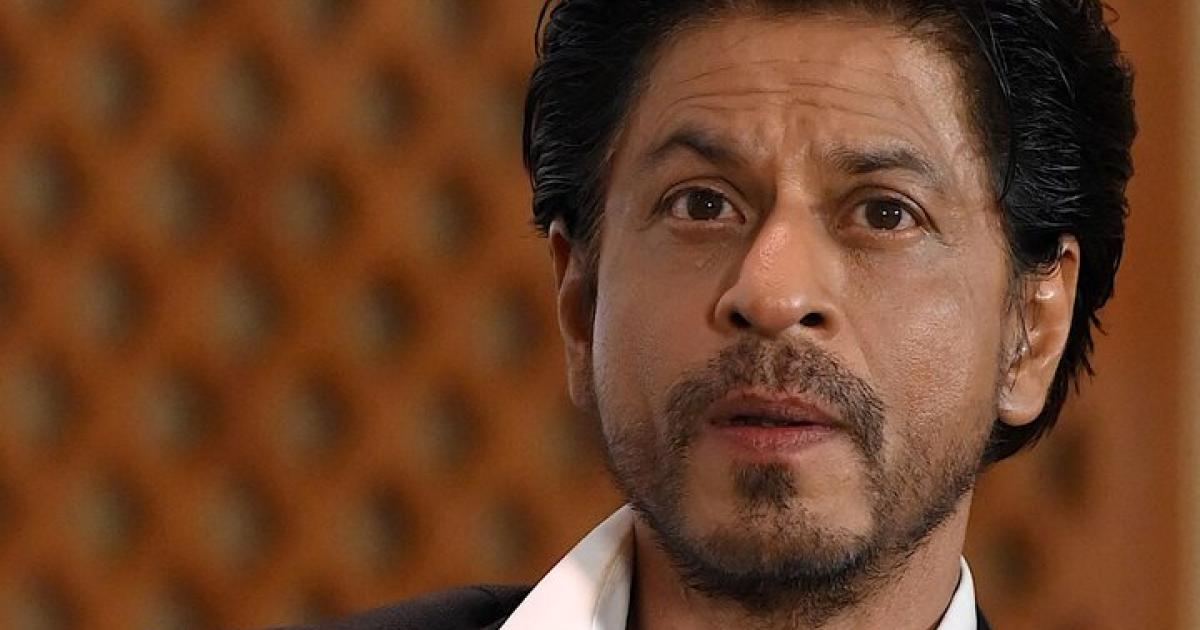A contentious debate is currently unfolding in the Indian state of Kerala, which shows the tension between medical hygiene and religious freedom: a group of Muslim students are demanding that they be allowed to wear long-sleeved surgical gowns in operating rooms. The medical profession is against a modification of the protection against infections, which has proven itself worldwide. But the pressure on Muslims is increasing so that they can also practice their faith in the medical field.
In India, there is currently a directional debate on whether hygiene rules in operating theaters need to be changed for Muslim women. Seven students from three years of Government Medical College in Thiruvananthapuram write a letter from the director demanding that they be allowed to wear long-sleeved surgical gowns and surgical caps instead of hijab. They argue that wearing the hijab is compulsory for devout Muslim women and that operating room hygiene rules prevent them from conforming to their own religious beliefs.
In India, the global infection control protocol is in place requiring medical staff to wear short-sleeved shirts in an operating room. This provision aims to ensure that before surgery and during assistance, medical personnel can wash their hands thoroughly with running water in several washing cycles up to the elbow.
The director explained to the students that the infection control measures at her hospital are in line with common and proven practices around the world. However, in order to show Muslim women concerned about their religious freedom that she takes the request seriously, the director set up a committee of experts to examine the request.
This summer, the students’ demands became public and sparked debate in the Indian media. THE New Indian Express reportedthat representatives of the Indian medical community were strongly opposed to the idea of changing the dress code. Any violation of infection control protocol, especially in operating rooms, comes at the expense of patient safety. For their health and safety to be a priority, the operating theater must remain a highly sterile room.1
However, another medical opinion is also represented: The wording of the students’ letter shows strong similarities with the website “Hijab in the operating room(“Hijab in the Operating Room”), which is led by gynecologist and chief medical officer of Ascension St. Joseph’s Hospital in Chicago. On his website and in national speaking engagements, the doctor campaigns for the right to wear the hijab in the operating room.
The future will tell if it is the individual opinion of an expert who is himself concerned or if other doctors will also jump on this bandwagon and demand compromises in the protection of patients. The pressure from the Muslim minority in India is very strong. Last year, an Indian state had to close high schools and colleges for three days after riots over a ban on wearing the hijab in class. Nobel laureate Malala Yousafzai, who was 15 when she survived a Taliban attack in Pakistan for campaigning for girls’ right to education, has come forward by Twitter in word. She condemned the hijab ban in the classroom. It’s “terrible” because women are still “objectified” because they cheat less or more.
Muslim women in India rely on their country’s constitution, which grants them religious freedom. State Supreme Court justices reserved a “hijab ruling” for a higher panel in October last year.2 The judges initially responsible could not agree. One judge said the hijab was not “essential” to Islam, the other argued that wearing the hijab should remain a matter of choice.
Doctors and scientists in India are always working successfully to keep the operating room free from the restraints of religion and belief. They continue to adhere to established infection protection guidelines. But if the judges join the hijab proponents in the classroom case, it is highly likely that Muslim women, driven by success, will also demand this possibility for the operating room in the courts. If it is then decided that religious freedom will have to be compromised in terms of hygiene protection, who can rule out the hijab remaining in place in the future? Other Muslim women might insist on being allowed to wear the niqab or even the burqa in the operating room. It is to be hoped that it will not come to that and that the judges will recognize the danger in due course. The operating room is not a place of compromise, patient safety should in no way be compromised because of religious practices.
1India timeTNN article of 06/28/2023; indian eclairarticle by Abhiram dated 06/30/2023; First postFP Explainers article from 06/29/2023.
2bbc hindiarticle by Imran Qureshi from 09/02/2022.

“Unable to type with boxing gloves on. Web maven. Infuriatingly humble creator. Typical tv specialist. Music aficionado. Proud explorer.”





